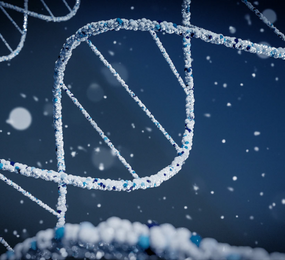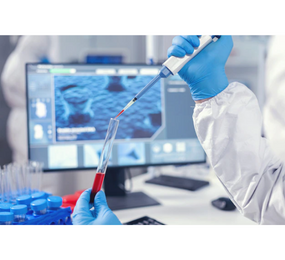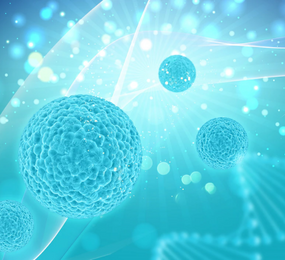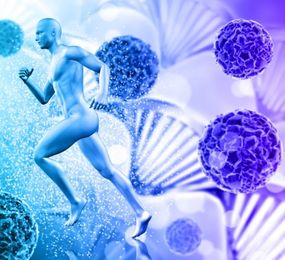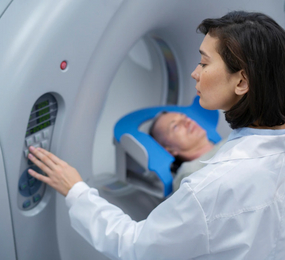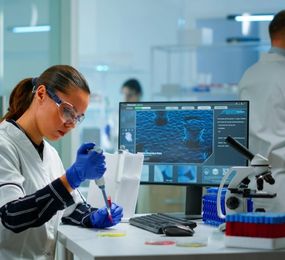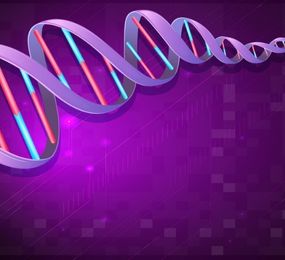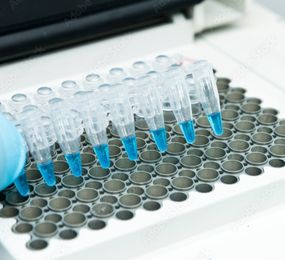Biologics, complex molecules derived from living organisms, demand stringent quality control to ensure patient safety and efficacy. Characterization, a critical component of biopharmaceutical development, involves a comprehensive array of analytical techniques to understand a product's structure, purity, and function.
Unveiling the Molecular Blueprint:
To characterize a biologic, scientists employ a combination of techniques:
-
Mass Spectrometry: This powerful tool provides detailed information about a molecule's molecular weight, structure, and modifications. It's invaluable for identifying impurities and understanding protein modifications.
-
Chromatography: Techniques like size-exclusion chromatography, ion-exchange chromatography, and affinity chromatography separate biomolecules based on size, charge, or binding affinity, aiding in purification and characterization.
-
Electrophoresis: This technique separates proteins based on size and charge, providing insights into protein purity and integrity.
-
Spectroscopy: Techniques like UV, circular dichroism, and nuclear magnetic resonance (NMR) spectroscopy provide information about protein structure and conformation.
Beyond Structure:
Characterization extends beyond the molecule itself:
-
Biological Assays: These assays assess a biologic's potency, efficacy, and safety by evaluating its interaction with biological systems.
-
Stability Studies: Understanding how a biologic changes over time under different storage conditions is crucial for ensuring product shelf life.
-
Impurity Profiling: Identifying and quantifying impurities is essential for product safety and efficacy.
Ensuring Quality and Consistency:
Comprehensive characterization is vital for:
-
Product Release: Ensuring that each batch meets quality standards before release to the market.
-
Monitoring Stability: Tracking changes in product characteristics over time to optimize storage conditions and expiration dates.
-
Process Optimization: Understanding the impact of manufacturing processes on product quality and identifying areas for improvement.
-
Regulatory Compliance: Meeting stringent regulatory requirements for biologics, including documentation and data integrity.
Characterization of biologics is a complex and multifaceted process that requires a combination of advanced analytical techniques. By meticulously analyzing these complex molecules, scientists can ensure the safety, efficacy, and consistency of life-saving therapies, ultimately improving patient outcomes.
To register or learn more about the Forum please check here: https://bit.ly/3WRMLFS.
For more information and group participation, contact us: [email protected]


